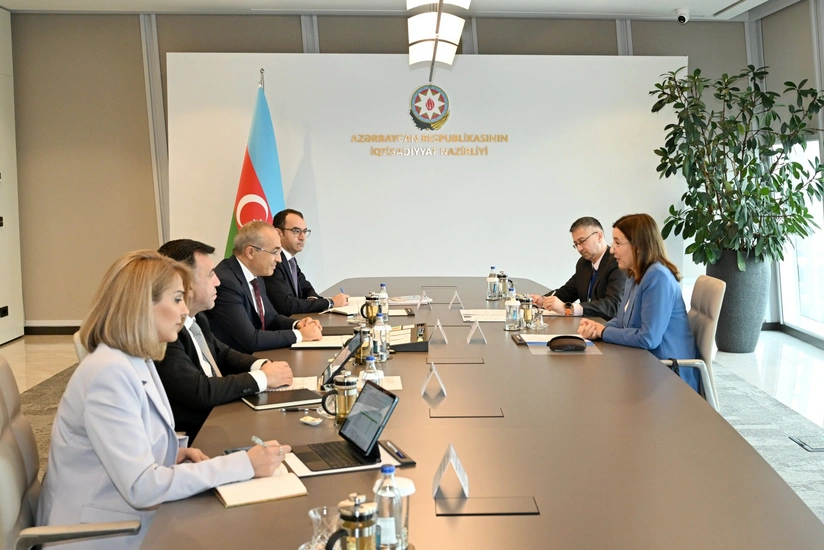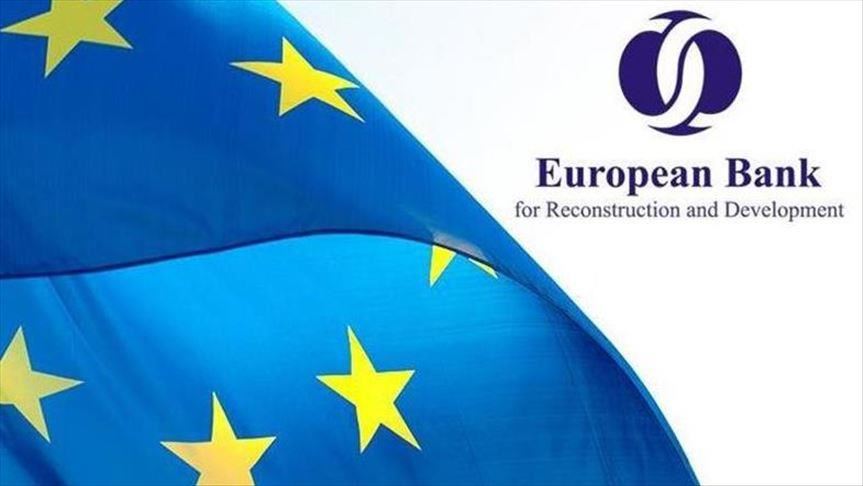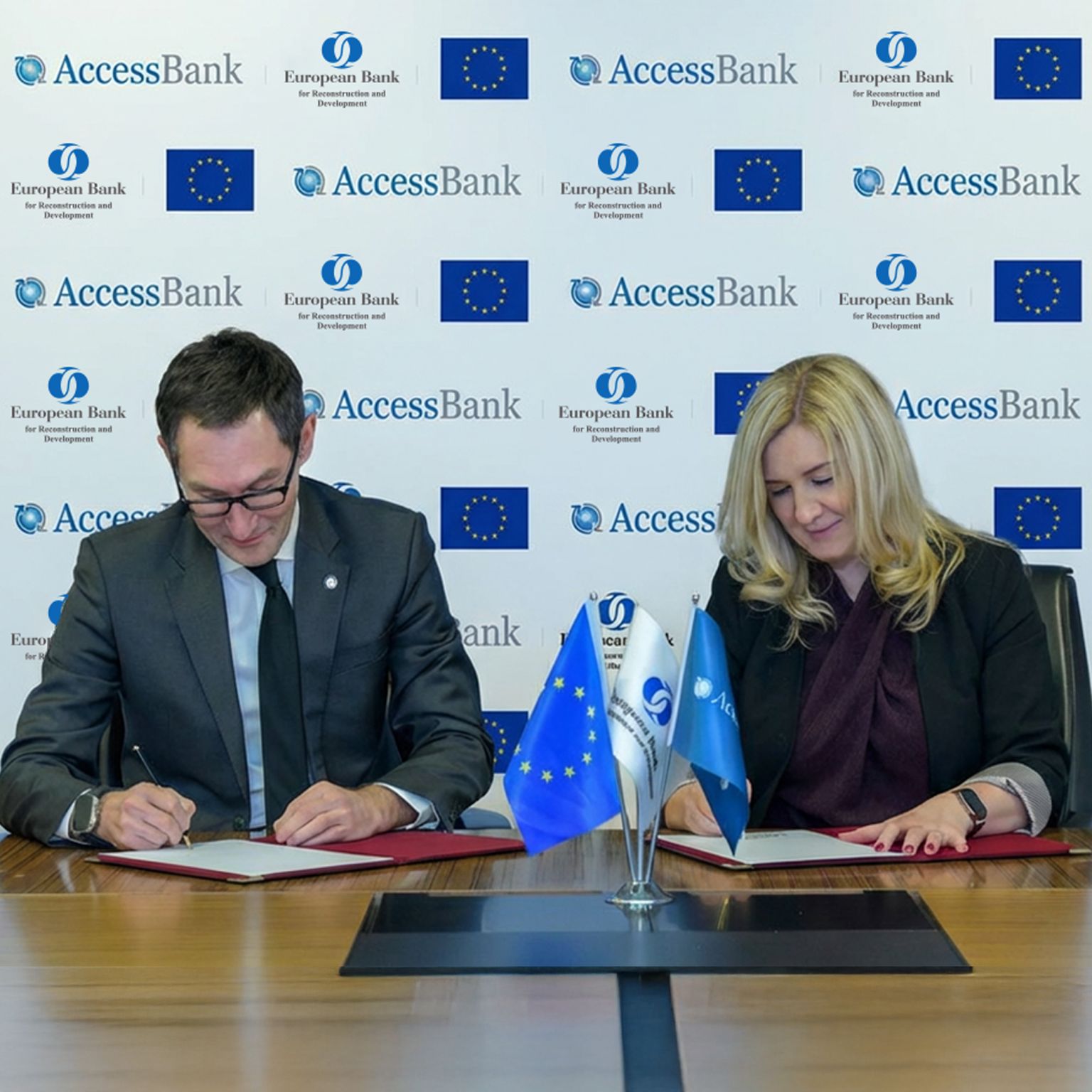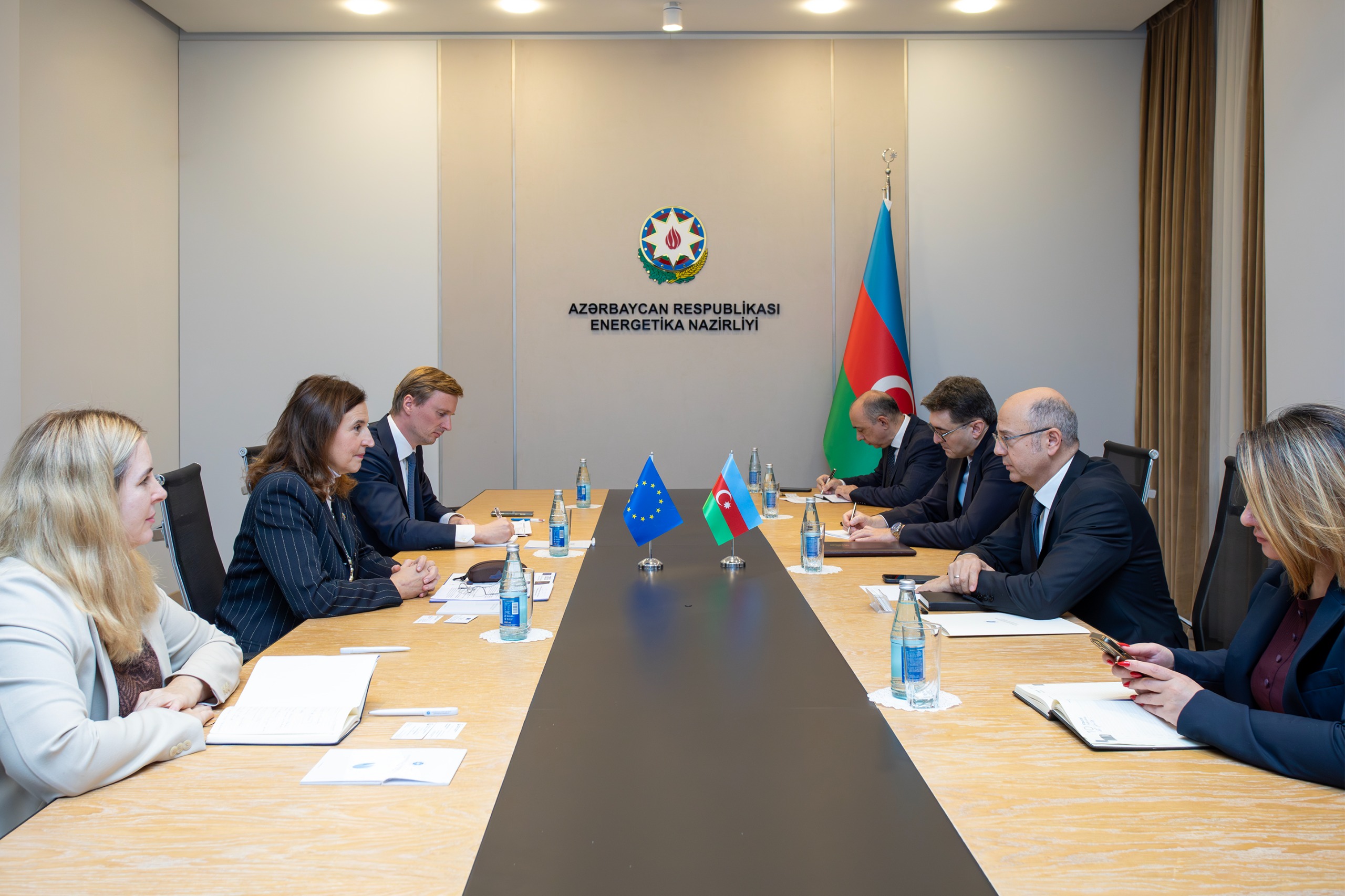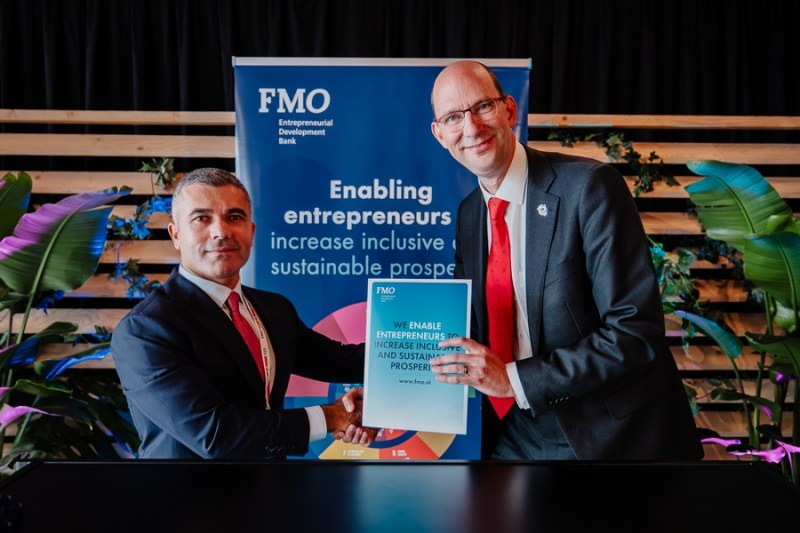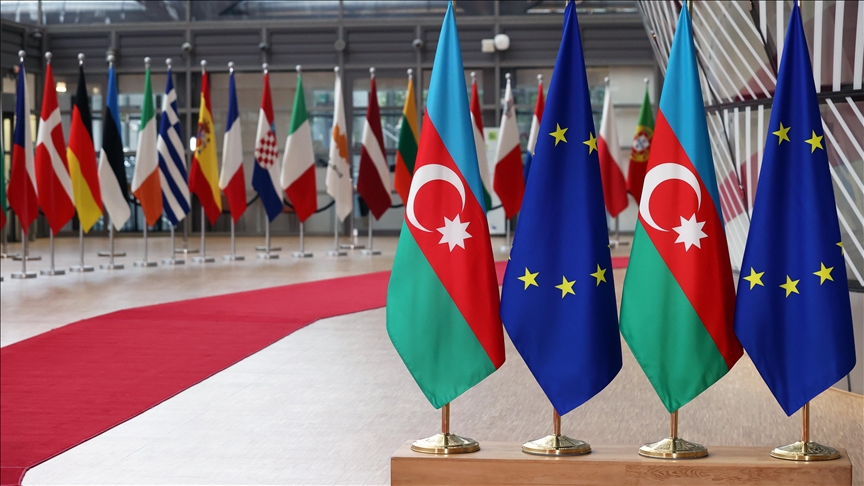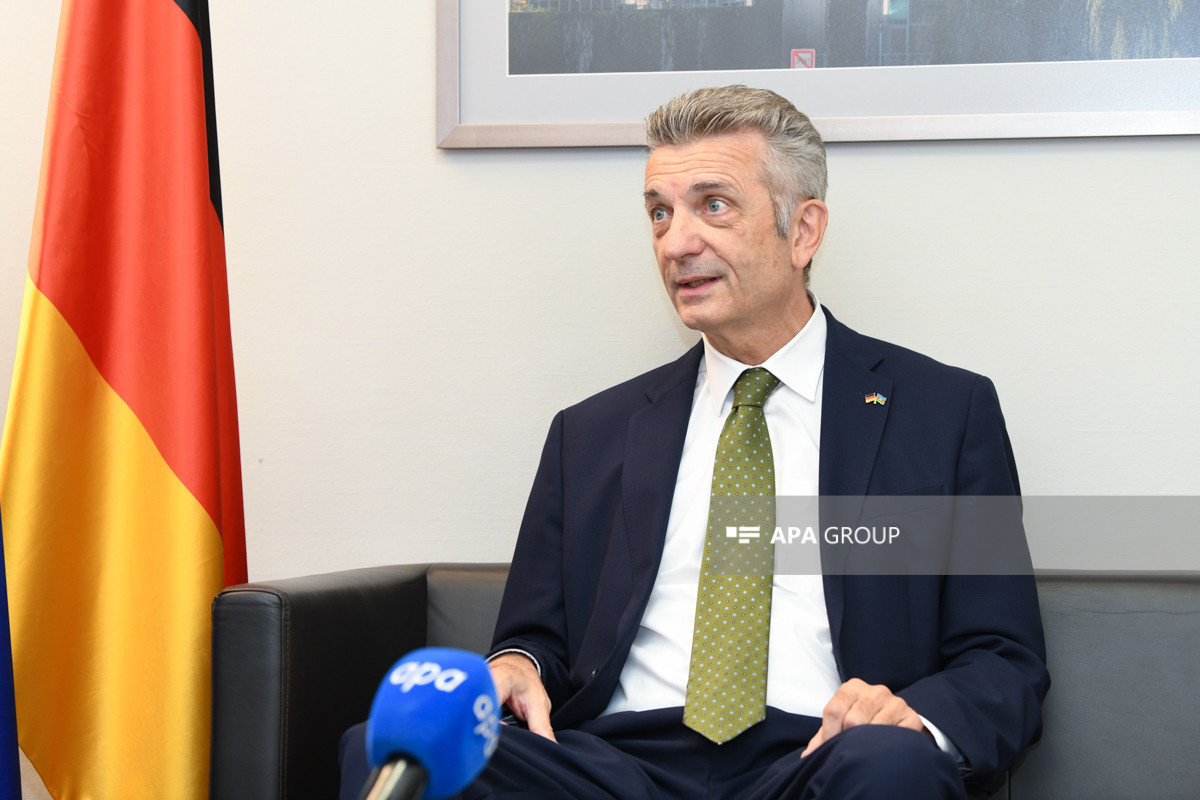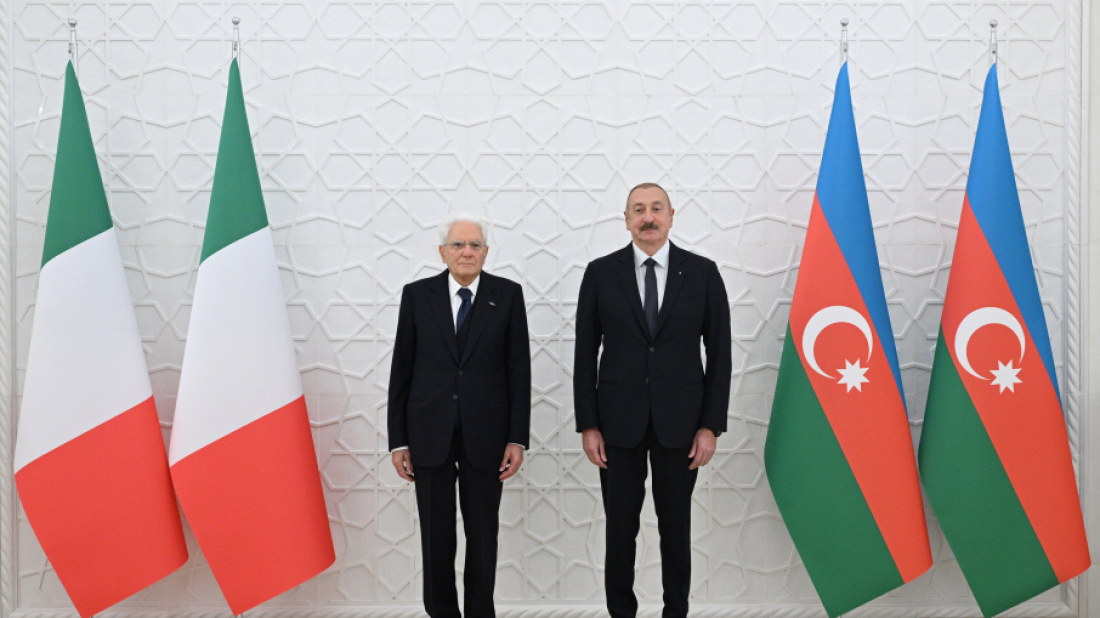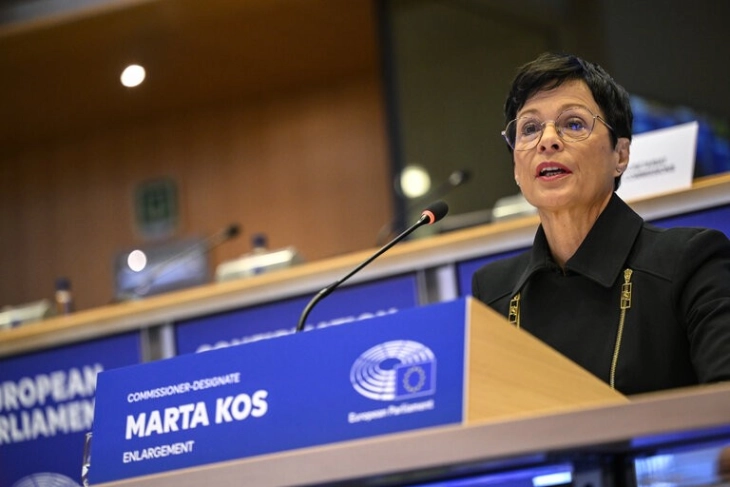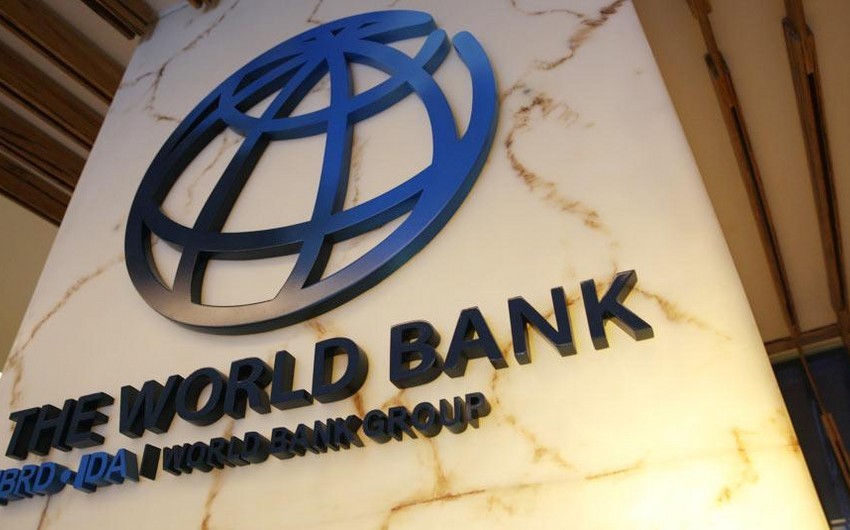
Mar 14, 2025
World Bank outlines conditions for Azerbaijan's transition to high-income country status
The World Bank (WB) predicts that Azerbaijan will need approximately 22 years to transition to the group of high-income countries, assuming the country maintains an average annual growth rate of 4.9% in gross national income (GNI) per capita.
The WB told Report that the average annual growth rate of Azerbaijan's GNI per capita was 1.6% from 2012 to 2022 and 4.9% from 2007 to 2022.
In 2007, the GNI per capita in Azerbaijan was $2,730, rising to $4,820 in 2012, and $5,630 in 2022.
The WB also said the indicator made 1.4% in 10 years and 4.4% in 15 years in Kazakhstan, 0.9% and 3.5% in Belarus, 0.1% and 7.2% in Uzbekistan and 0.6% and 5.1% in Tajikistan.
WB notes that for countries in Europe and Central Asia (ECA) to transition to the high-income category, where the GNI per capita threshold is $14,005, structural reforms aimed at sustainable economic growth are necessary.
The WB also emphasizes that the region's sustainable development cannot be achieved without a shift to affordable and secure energy. This process has been complicated by the largest-ever shock to global natural gas markets following Russia's invasion of Ukraine in 2022. Rising gas and electricity prices have increased the region’s dependence on Russian energy resources, highlighting the need for energy diversification, reducing oil and gas imports, enhancing energy efficiency, and developing renewable energy sources.
Furthermore, to reduce emissions, the implementation of advanced technologies and the decarbonization of sectors like transport, industry, and heating will be required. This will lead to significant investments, especially in the public sector linked to fossil fuels.
According to the International Energy Agency (IEA), global investments in the energy transition should reach $4 trillion annually by 2030 (around 4% of global GDP in 2023). Additional investments to achieve carbon neutrality may require another 2% of GDP annually.
The WB believes that the transition to energy-efficient and environmentally clean technologies will reduce energy costs, improve business competitiveness, create new jobs, and foster innovation. Additional investments in the energy system will enhance the reliability of energy supply and reduce long-term costs. However, modernization requires significant investment and time, similar to other technological shifts, such as the transition from cars to mobile phones.
"However, inaction will be more costly. In Azerbaijan, Kazakhstan, and Romania, the damage from climate change already amounts to 1-2% of GDP per year, while in Uzbekistan, it exceeds 10%," the WB noted.
As in any technological transition, high initial costs will fall on consumers, businesses, and governments. To successfully implement this transition, countries in the ECA region will require foreign capital, technology, and managerial expertise. These measures will help reduce the energy intensity of the economy, cut emissions, and ensure sustainable economic growth," the WB emphasized.
Earlier, the WB outlined opportunities for Azerbaijan’s transition to the group of high-income countries.
According to Azerbaijan's State Statistics Committee, the GDP per capita in the country in 2024 is expected to be $7,283.
